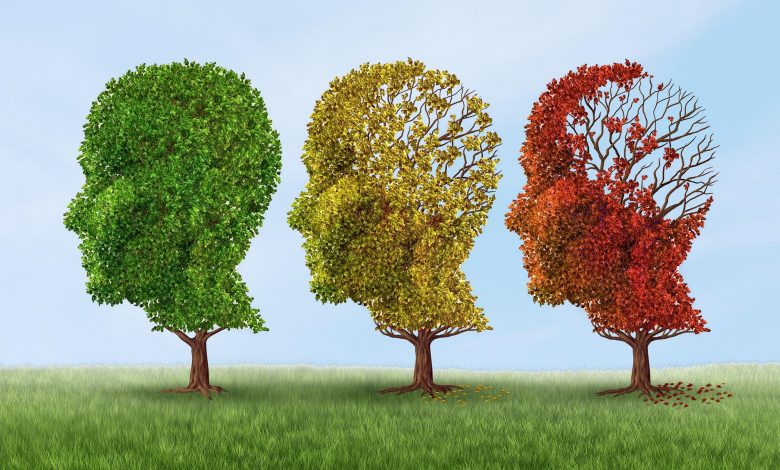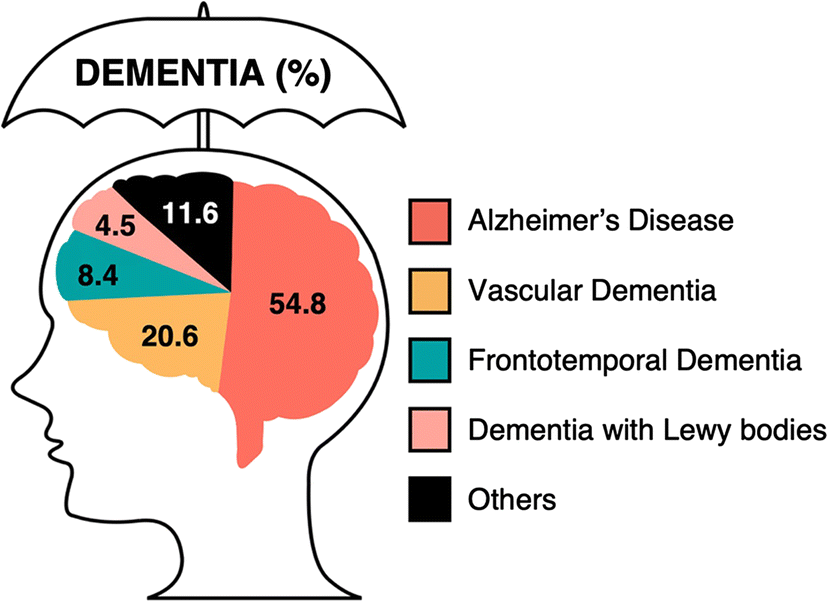

What comes to mind when you hear the word dementia?
People often associate dementia with forgetfulness; a decline in memory and thinking skills. Truth be told, dementia is more than occasional memory problems. In fact, it is a syndrome that leads to deterioration in cognitive function due to the malfunction of brain cells.
The condition in the brain interferes with one’s ability to remember, think and reason, which causes the brain cells to ultimately die. Besides that, one will observe behavioural and vision changes. Such changes in behaviour is commonly labelled as aggression. But what’s often overlooked is where these behavioural changes stem from.
Dr. Cecilia Chan, a researcher, trainer and activist who also contributed various articles on aging issues, recently hosted a talk entitled ‘Why are you eating my food’ to help improve our understanding on dementia and share with us the best course of action when caring for someone living with dementia.
She explained that Alzheimer’s disease and dementia are not the same thing, despite the terms always being used interchangeably. According to Cecilia, Alzheimer’s is just one of the many types (over 100 types) of dementia.
Although memory impairment is closely bonded to age, one does not automatically get dementia when they grow older. So, it is not a normal part of aging.
Some believe that dementia is reversible. Unfortunately, one cannot recover from dementia but there are ways to reduce the risk of developing the condition. The best way to jumpstart a healthy living is to break bad eating habits and make room for positive changes by carving out time to exercise, picking up more skills and be socially engaged, as well as warding off smoking and cutting down alcohol consumption.
Aside from the misconception that dementia is curable with medication, many fall victim to the myth that being diagnosed with dementia is the end of their life. However, the truth is that there are steps one can take to potentially stabilise the course, such as obtaining medical treatment and community support.
“Dementia doesn’t lead to aggression as the frustration may come from confusion. They may not understand or be baffled by the things they see due to vision problems, hence causing changes in their behaviour. We need to take more steps to understand the elderly.
“People with dementia have a limited field of vision. Some of the vision changes include monocular vision (the brain shuts off vision on one eye, reducing one’s depth of perception), and binocular vision and tunnel vision where they experience a loss of sight in all directions (left, right, up and down),” she said.
Dementia is a progressive neurological condition whereby it will affect one’s daily life, leading to struggles to feed oneself, communication difficulties, object confusion and interference to their physical abilities and everyday tasks. This includes walking slowly, losing things, unable to see things that are in front, getting paranoid, getting startled easily and possibly showing aggression.
The more you know how brain changes can affect vision, the better equipped you will be. As for caretakers, you will have to establish a rapport with the individual for them to trust you.
On that note, Cecilia shared some tips with us on how to interact with people with dementia:
- Never approach them from behind
- Never rush and do give them time to process
- Give verbal and visual cues (as they might not understand what you say)
Gisele Soo
=============================
Get your local news fast. Download the Ipoh Echo App on your mobile. Available on both Google Playstore and Apple Appstore.




